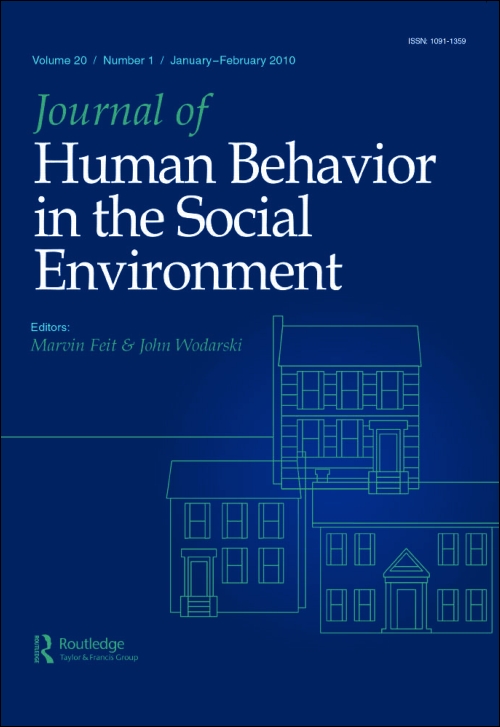Variables that influence stakeholder satisfaction with the creation of corporate images of Thailand’s National Housing Authority

Share this post on: Twitter Facebook
The project output will assist with the strategic planning and determination of communication tactics, coupled with public relations, to establish a good corporate image under fluctuating global circumstances. Questionnaires and non-experimental, in-depth interviews were used for both quantitative and qualitative research, respectively. The main objective of this study is to explore stakeholder attitudes and satisfaction with the creation of corporate images by Thailand’s National Housing Authority (NHA). The investigation of NHA stakeholders’ attitudes and comments toward the building of this government entity’s corporate image strategy led to sustainable developments within the NHA by determining concepts and research methods, crafting a research plan, and identifying the characteristics of the target group. This study includes other sections related to measuring the attitude index, data collection and analysis, comparisons and interpretations of the target group and stakeholder perspectives. The target population is comprised of: Residents in 68 communities under the governance of NHA and Thai citizens, executive directors of the Ministry of Social Development and Human Security (MSDHS), board committee, executive directors, and general staff, companies, the private sector, entrepreneurs, and building contractors, public relations staff. Overall, 30 categories of stakeholders were interviewed. Secondary information, such as project documents, was collected and utilized for action planning, which reflects stakeholder opinions towards the NHA. The survey sample size of stakeholders was limited to 400 people from 12 districts, comprising 31,844 households under the 68 NHA projects in Bangkok.
Published online: 27 Dec 2018
Copyright © 2018 Informa UK Limited | All rights reserved.
Appear in Journal of Human Behavior in the Social Environment
Authors: Siwatt Pongpiachan
KEYWORDS: National Housing Authority (NHA) of Thailand, corporate social responsibility (CSR), analysis of variance (ANOVA), Pearson analysis (PA), hierarchical cluster analysis (HCA), multiple linear regression analysis (MLRA), principal component analysis (PCA)